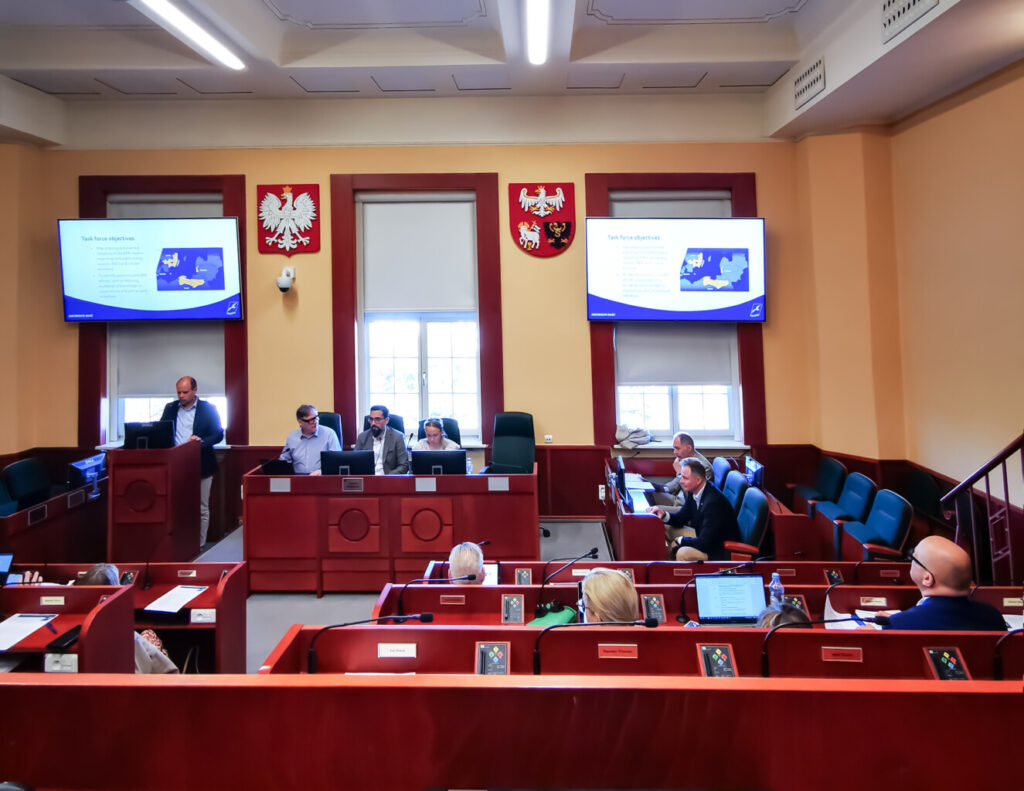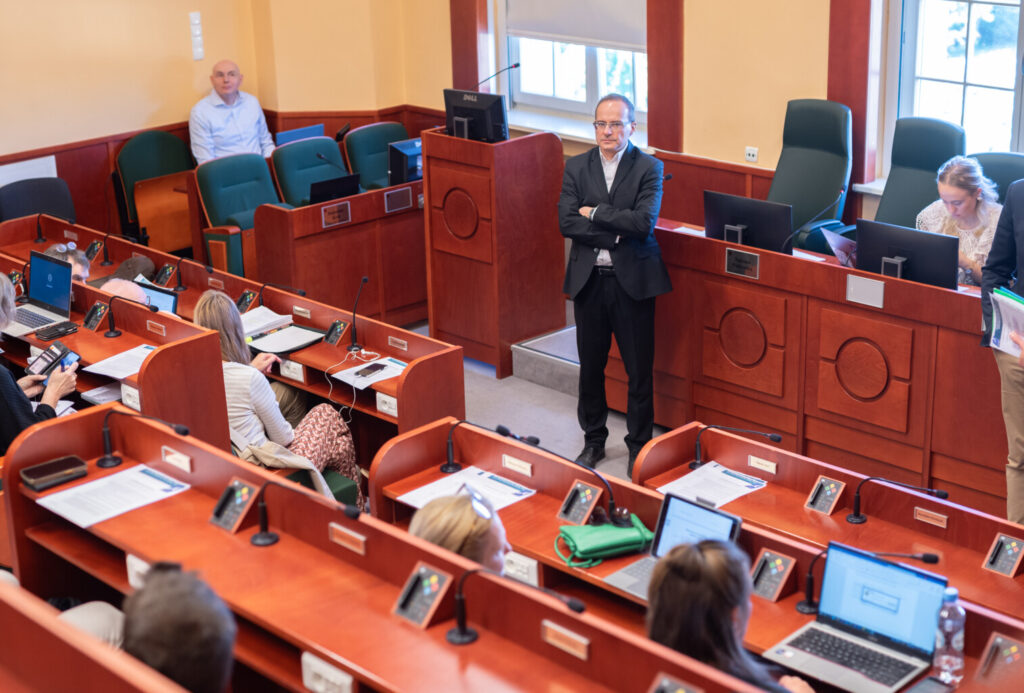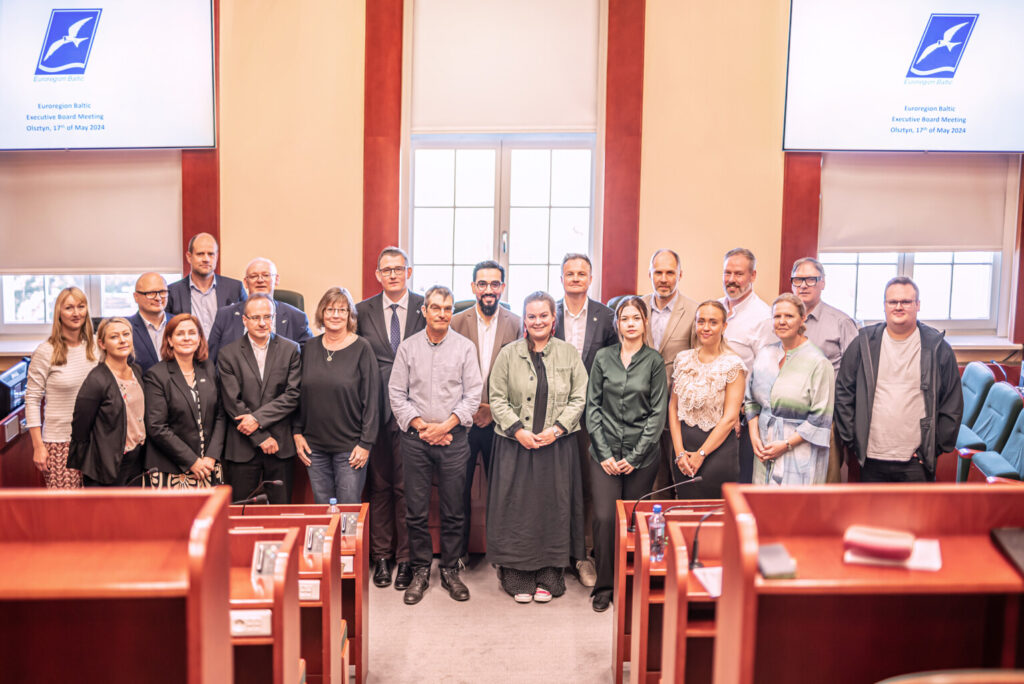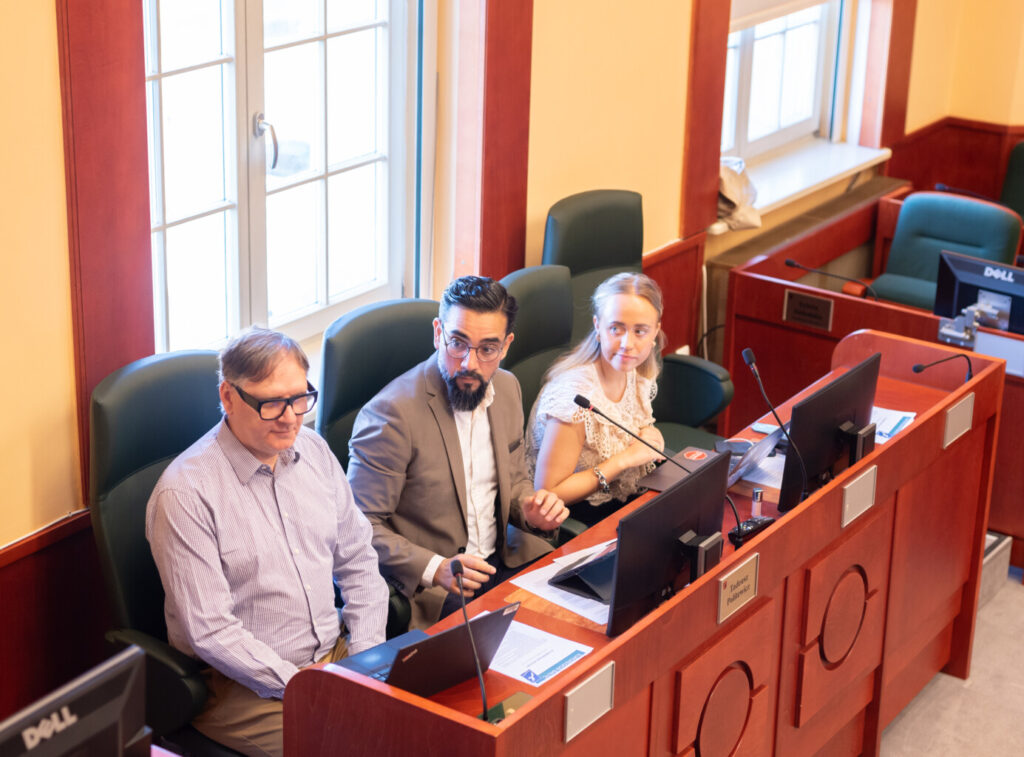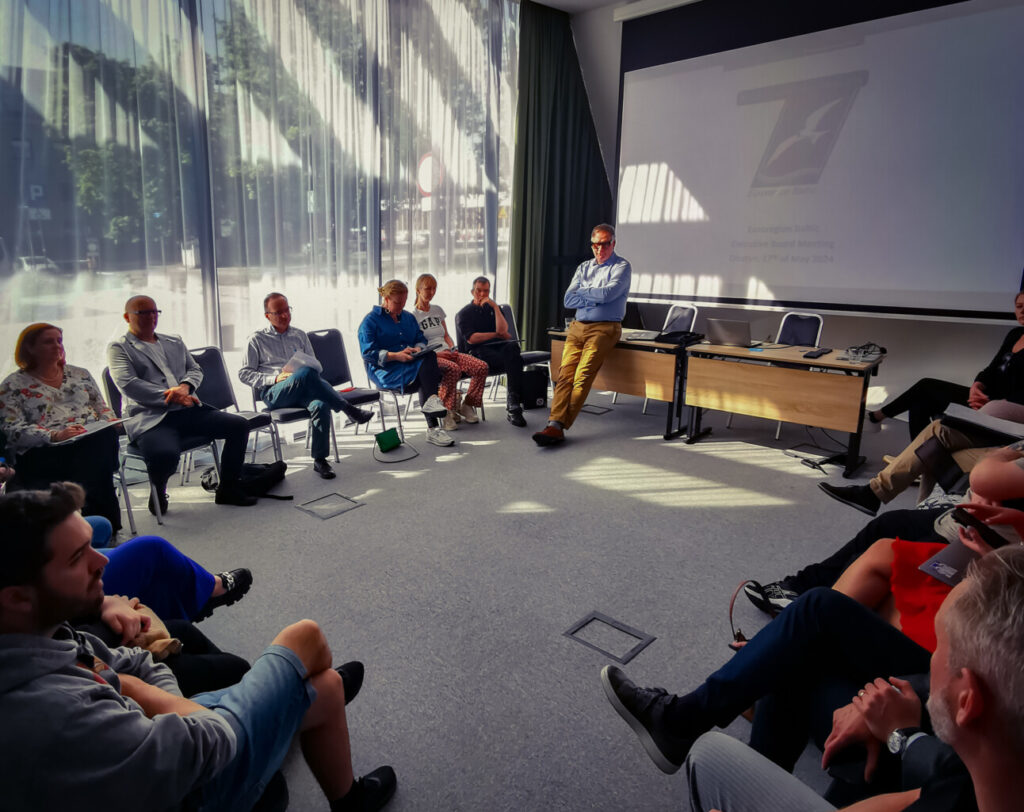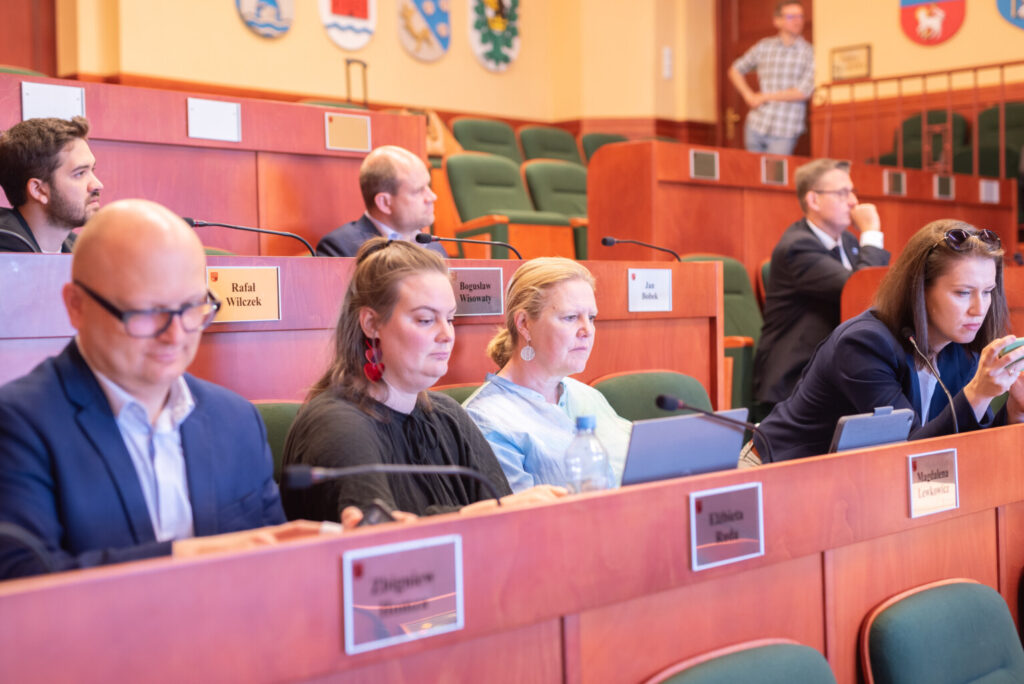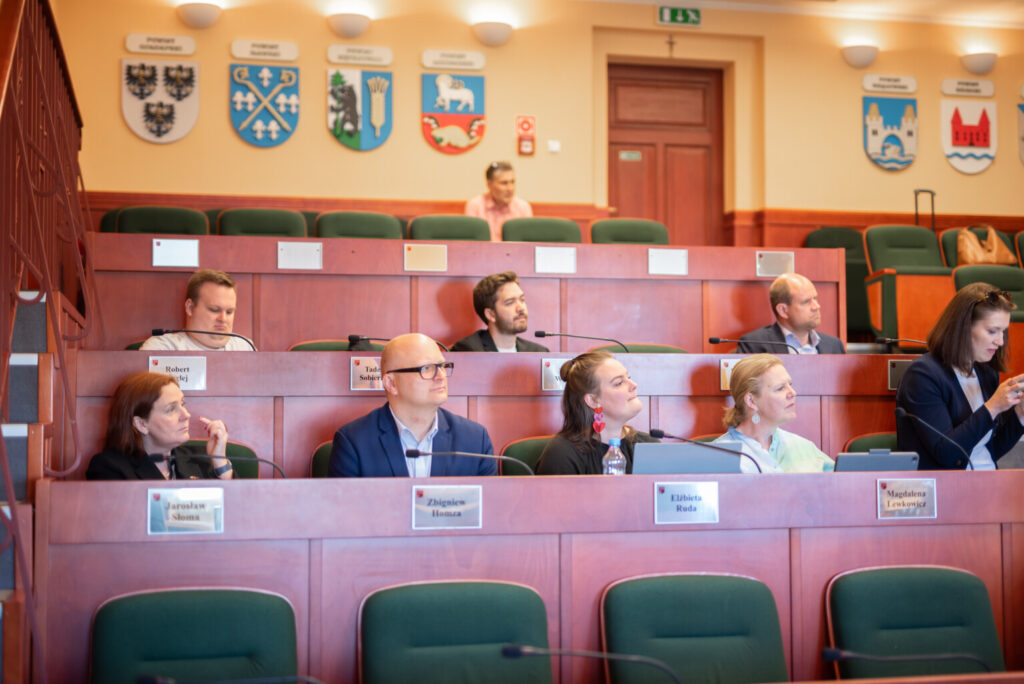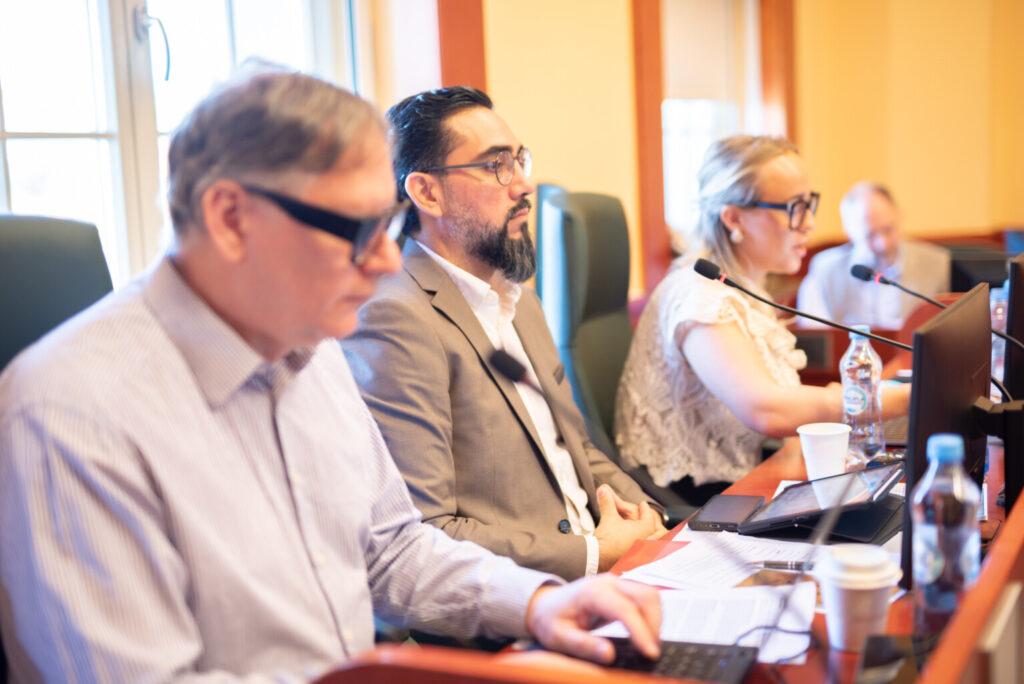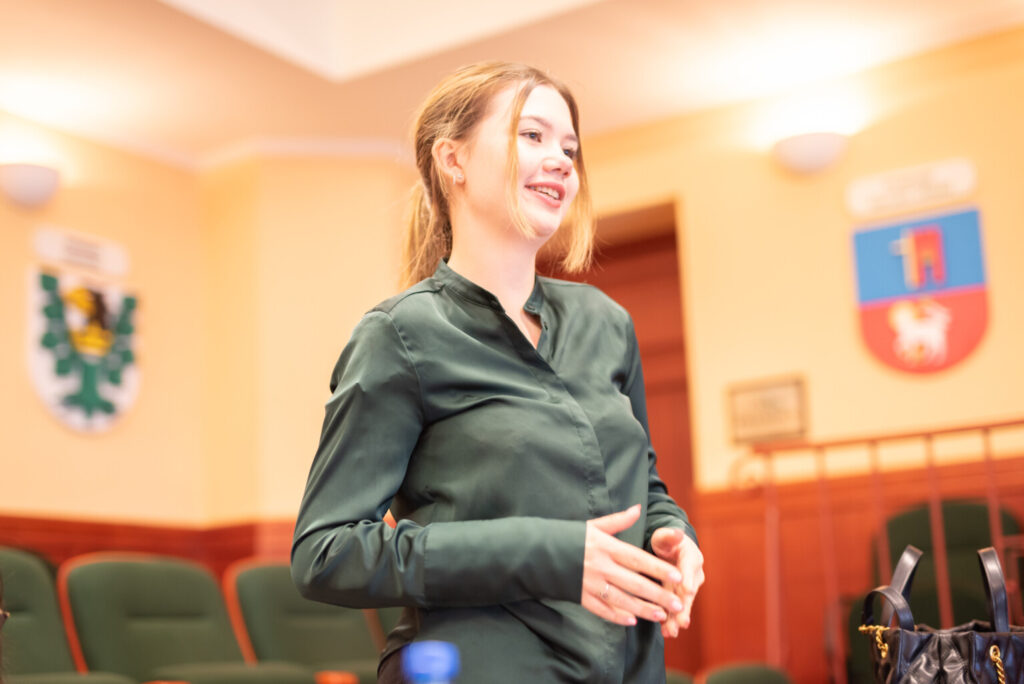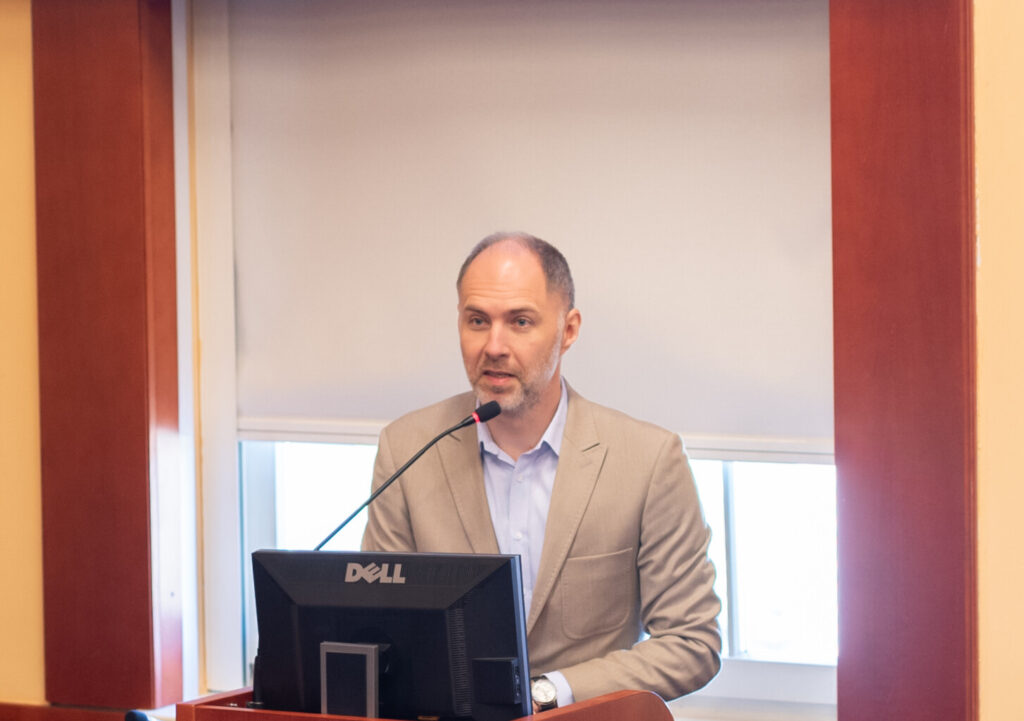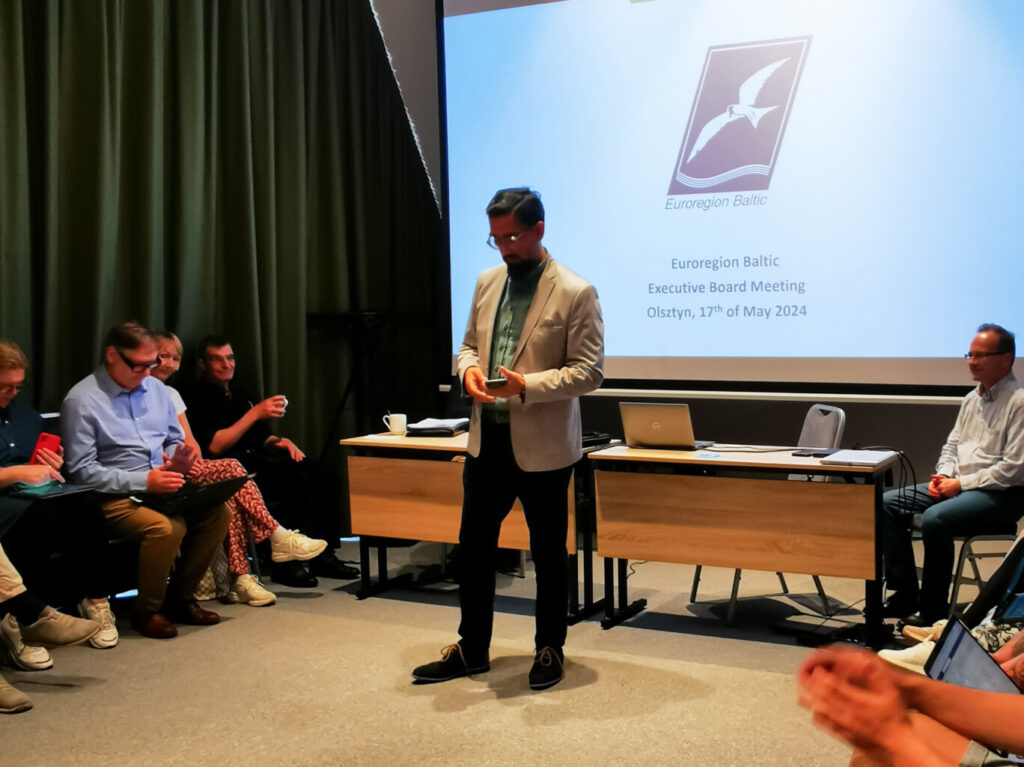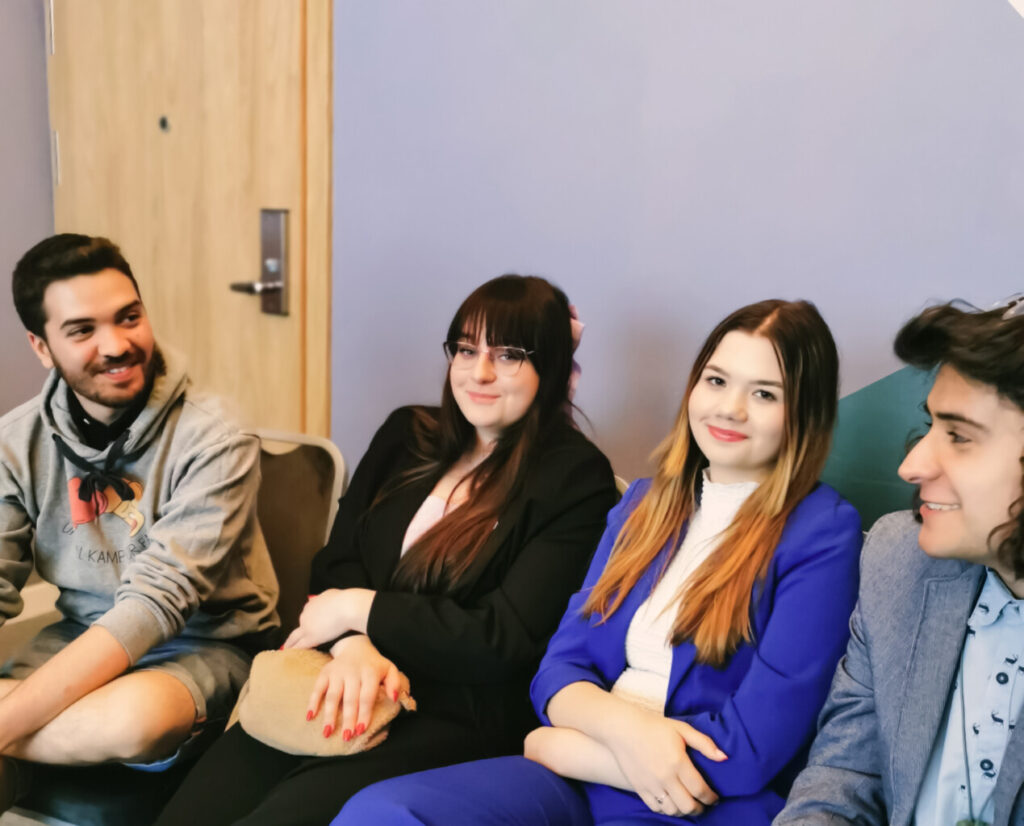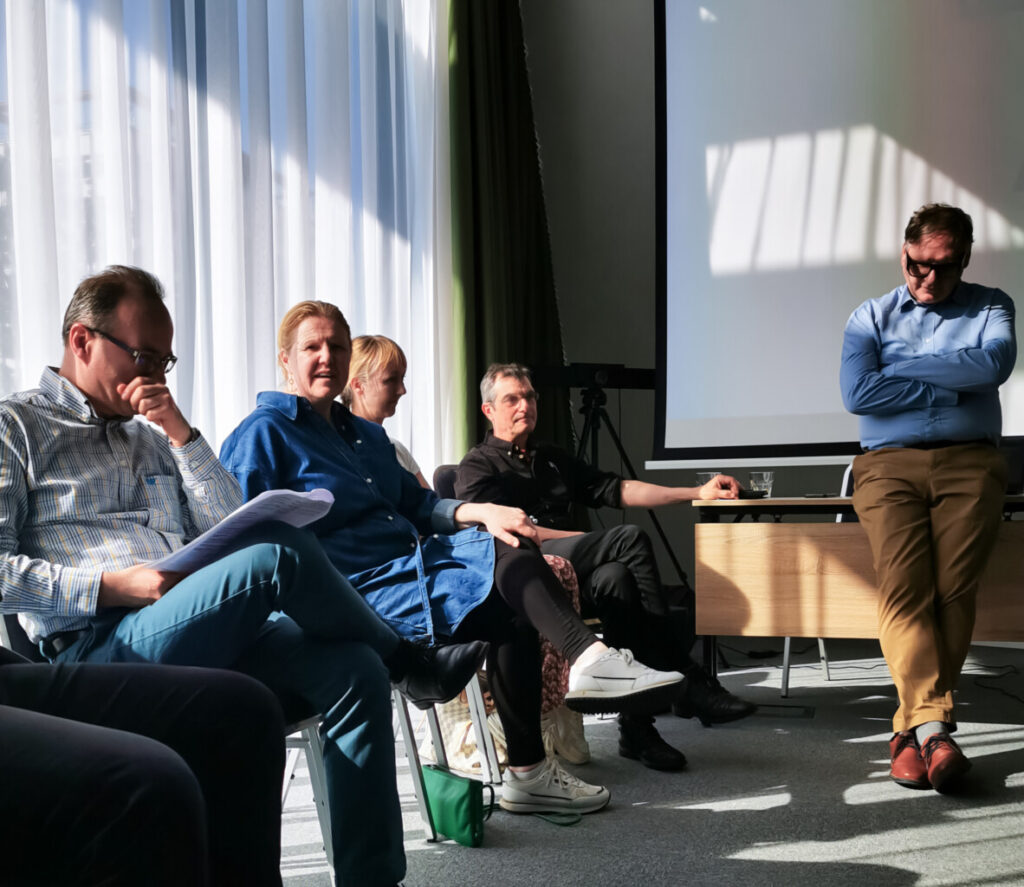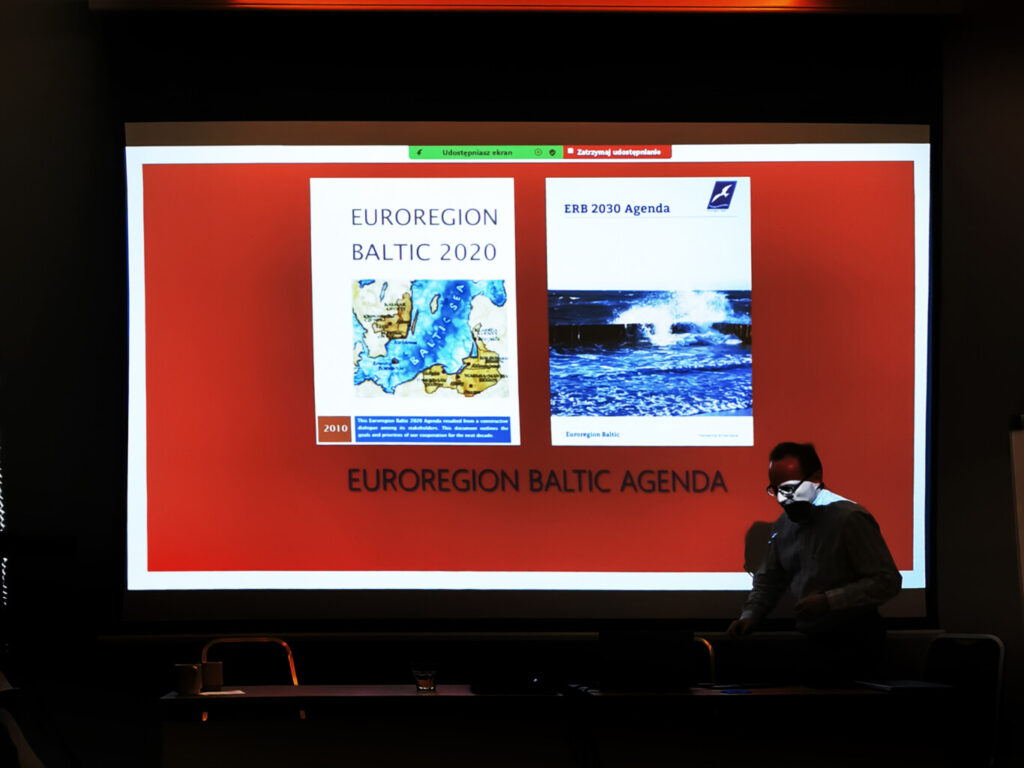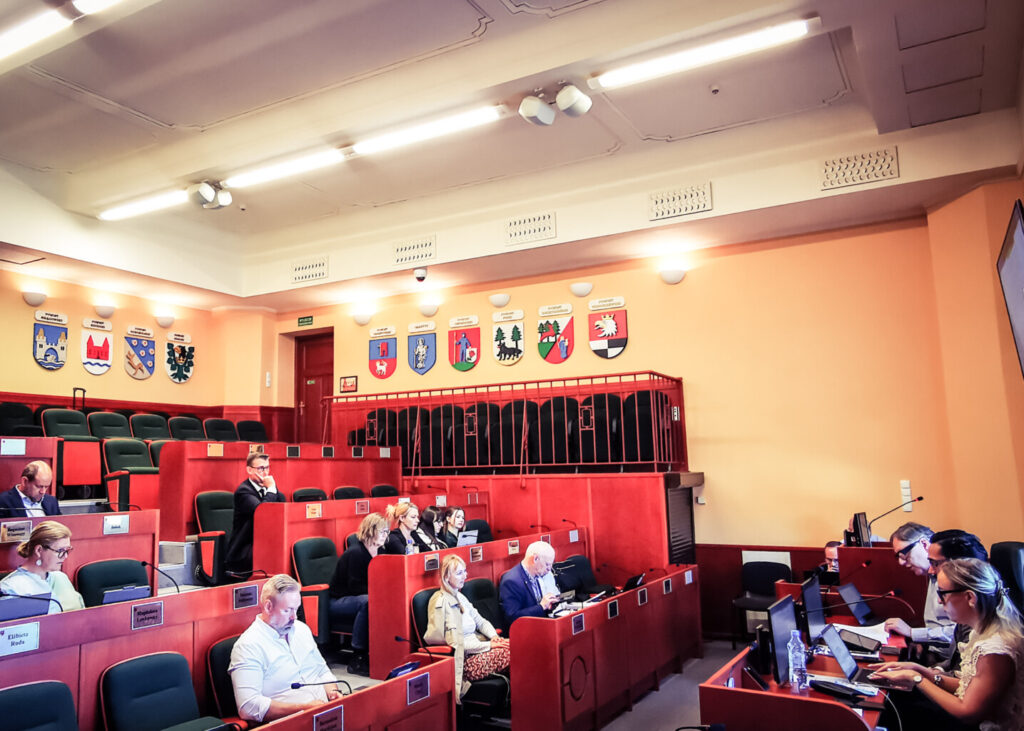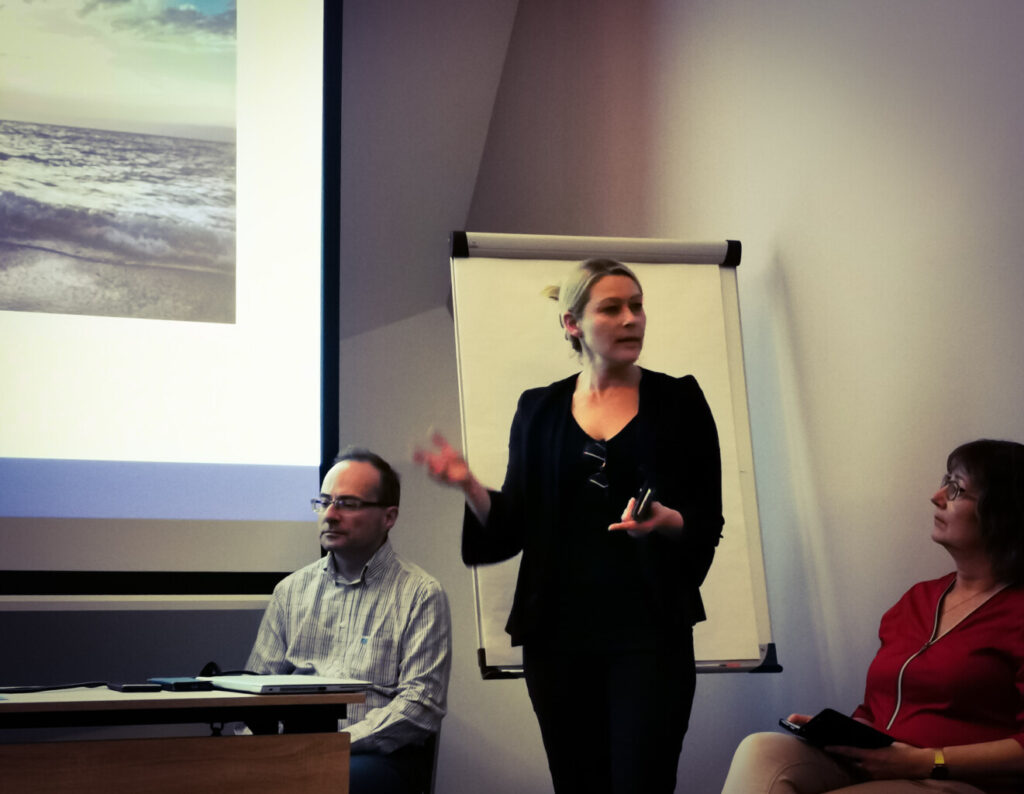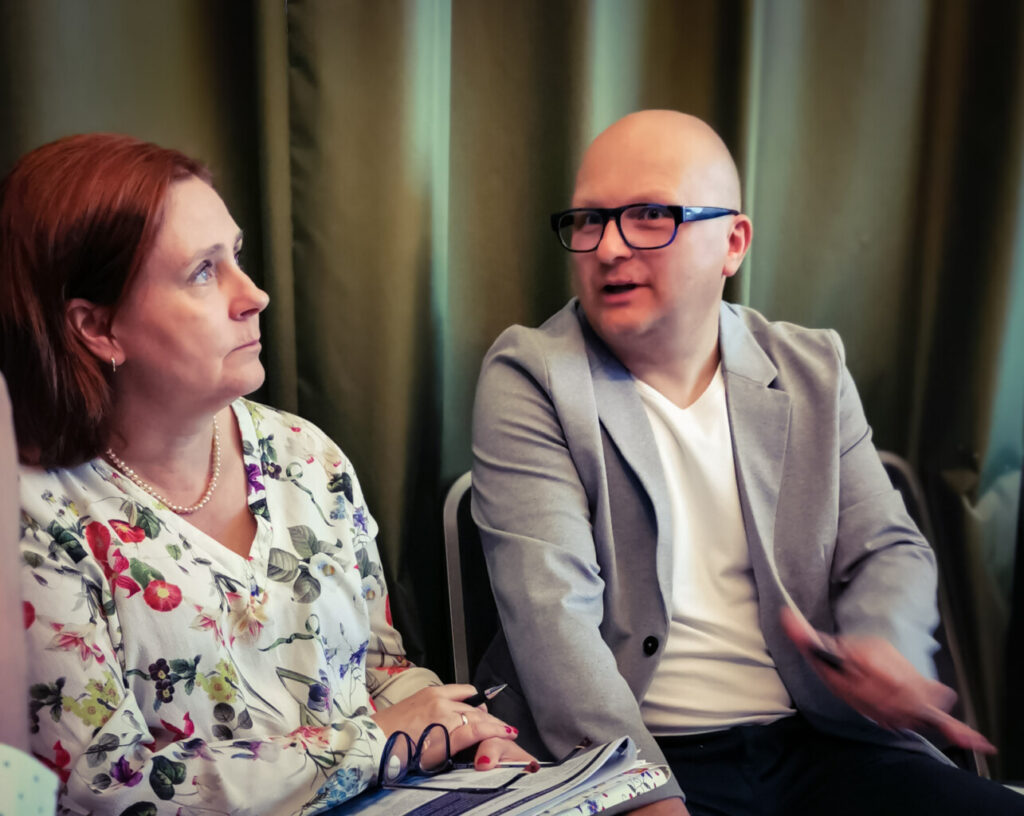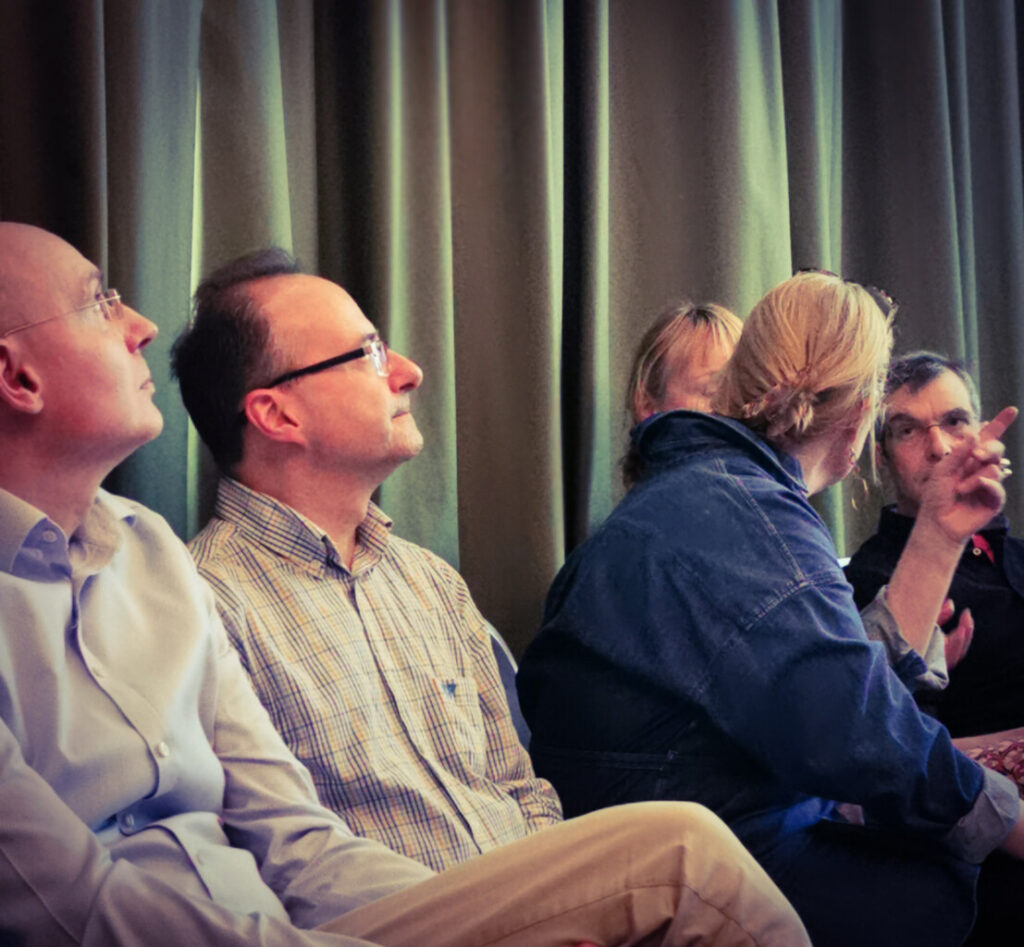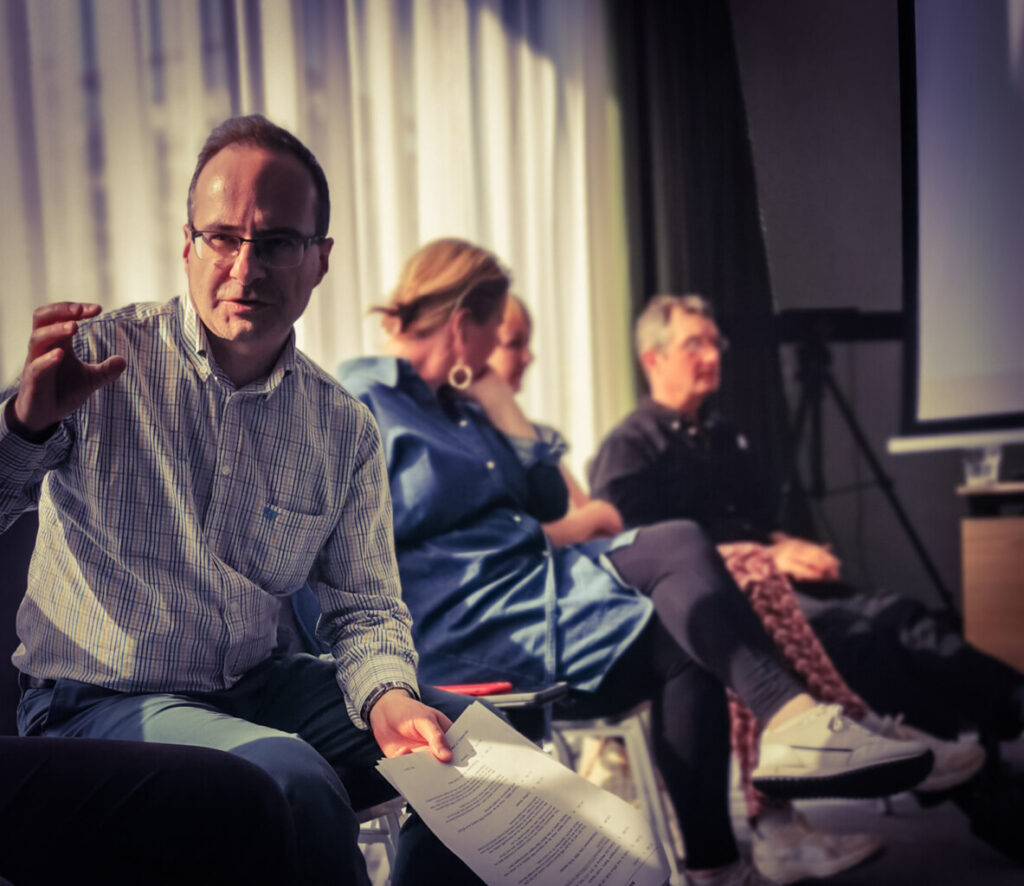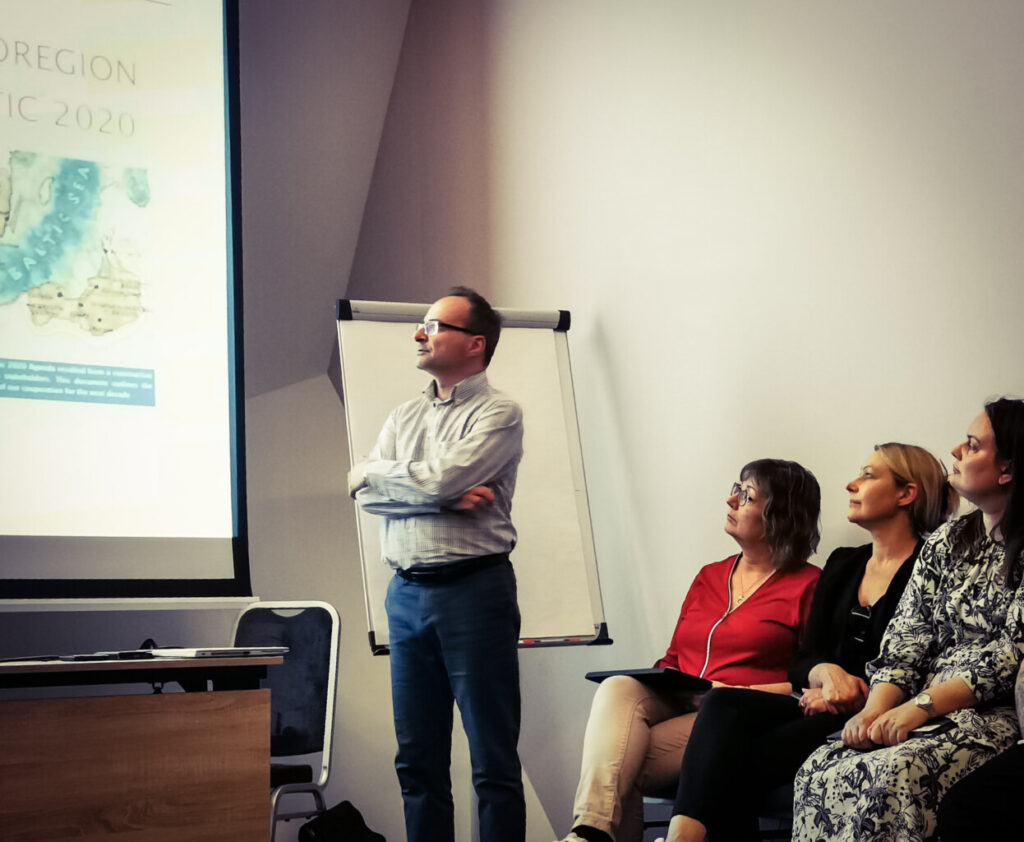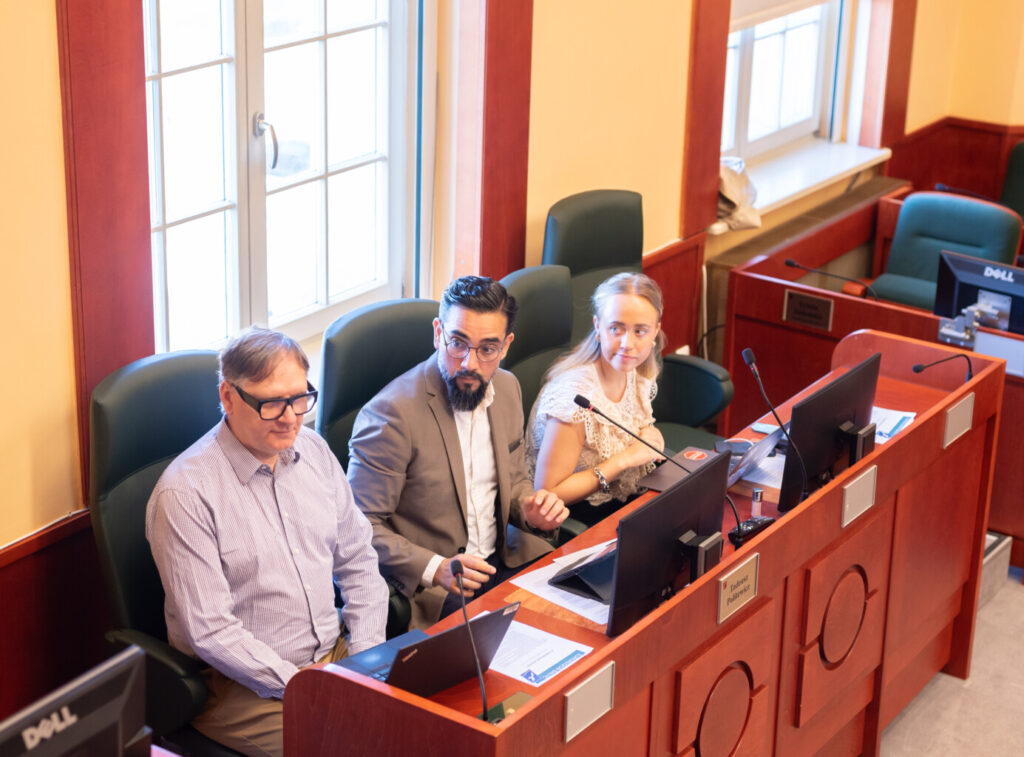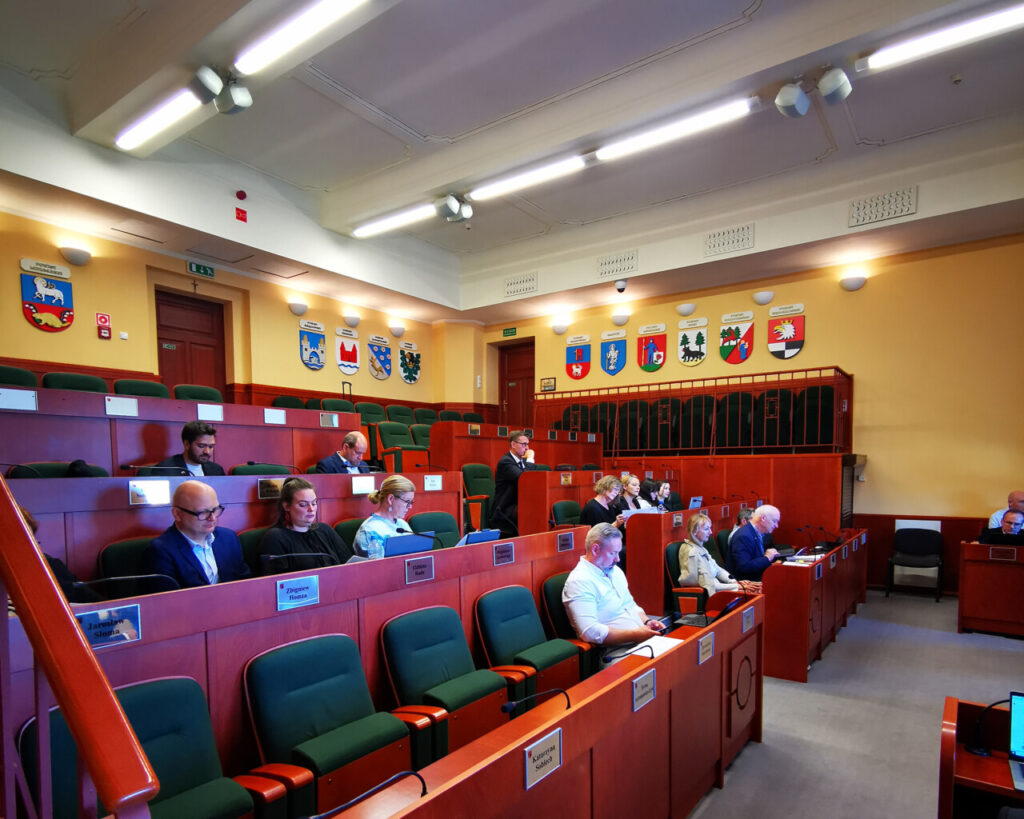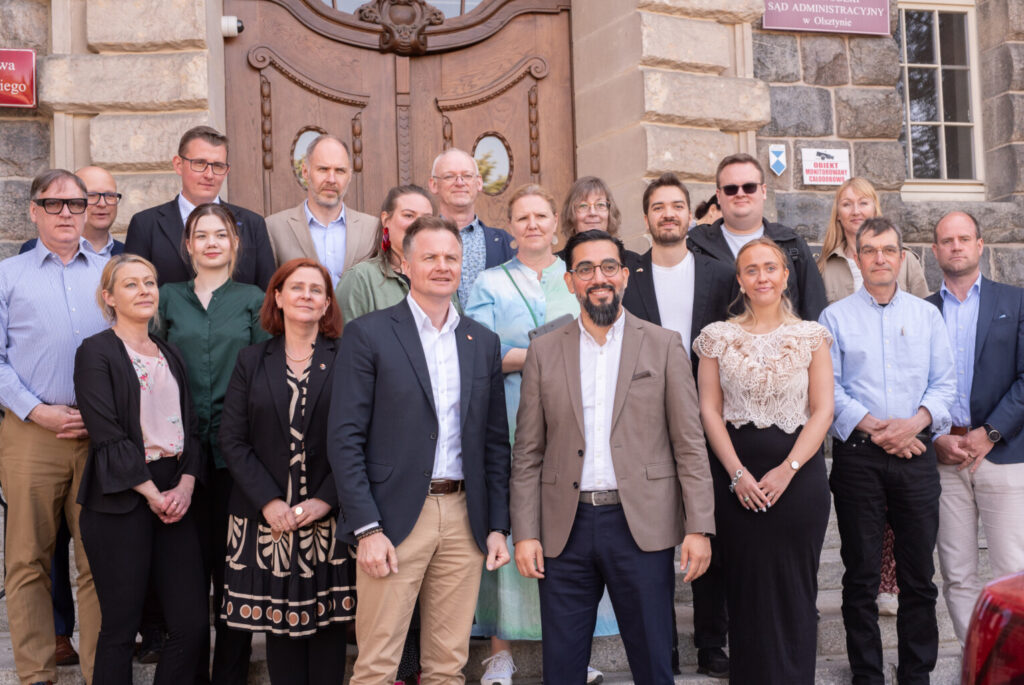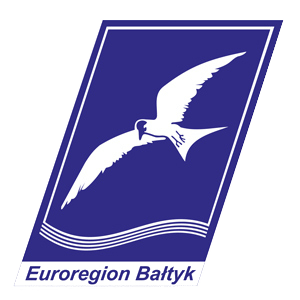Informacje z Euroregionu Bałtyk
Newstl-ne News English pll_664b57af1faa7
Olsztyn - ERB meeting
On May 16th and 17th, a meeting of the Euroregion Baltic members took place in Olsztyn. During the event, the ERB Board familiarized itself with the ERB 2030 Agenda and its goals, discussed how to improve the visibility of the ERB as an active cross-border entity in the Baltic Sea region and the European Union, adopted a position paper on the EU Cohesion Policy 2027+, and addressed the issue of transforming the organization into a European Grouping of Territorial Cooperation. Additionally, the Task Force on Climate Change and Green Transformation presented the results of its work. The attendees also visited a potential site designated for the EGTC office. The Youth Board of the Euroregion Baltic also held its meeting.
Important issues were discussed at the meeting:
Task force for Climate change and green transition
The task force presented the results of their work in the final report. With a strong focus on renewable energy the Task Force has identified and developed joint efforts to increase the adaptation of societies and promote a better use of available resources to mitigate to the climate change impact in the Baltic Sea Region and Europe. At the meeting in Poland, ERB decided to create a network for leaders in green transition in the Baltic Sea Region with the aim of exchanging knowledge and good examples.
ERB has adopted a position paper regarding the EU Cohesion Policy 2027+.
ERB holds a strong belief in EU Cohesion policy as fundamental pillar bringing the EU closer to its citizens and reducing disparities among EU regions. In the experience of the ERB stakeholders EU Cohesion Policy is more directly observable and understandable to citizens than any other EU policy, and that it has served as a significant stimulus for our societies and economies.
ERB urges the continuation of a robust and sustainable cohesion policy, one that extends benefits to local and regional authorities. We strongly believe that EU Cohesion Policy should be a policy for all regions: less developed regions, regions in industrial transition, more developed regions as well as regions located on the external borders of the EU. In a Union of 27, with several more candidate countries awaiting membership, the preservation of unity relies on solidarity and cohesion. It is in our collective interest to ensure that every region of the European Union has equal opportunities to prosper and thrive.
An important step was taken in the process of applying for EGTC status. European Grouping of Territorial Cooperation (EGTC) allows public entities of different Member States to come together under a new entity with full legal personality. Through an EGTC Member State public authorities can set up a single joint structure to implement projects, investments or policies in the territory covered by the EGTC, whether co-financed by the EU budget or not. We are looking forward to a more formalized cooperation through this important step.
Final statement
At the same time as we are concerned about the global threats to democratic values. We are convinced that the European Union is a key player in upholding and developing democracy in the world. It is our firm belief that we need a strong Europe, where democracy and democratic values are the fundamentals of our cooperation. Our citizens need to feel that our collaboration makes their lives better, the important pillar for our work being economic growth, closely connected to transition, innovation and climate work. Our cooperation is not a project for the governments and their organizations, it is a project for our citizens with the purpose of building a stronger Europe than today, Europe for future generations.
The ERB meeting here in Poland is a vivid example of the cooperation around the Baltic Sea where the regions gather to discuss common challenges and possible solutions. We focus on the things that unite us rather than issues that divide us. We collaborate to contribute to the wellbeing of our regions and their citizens.
